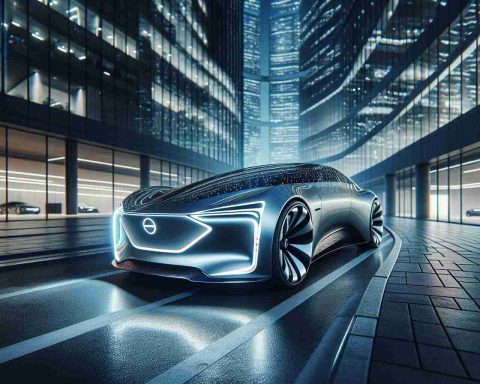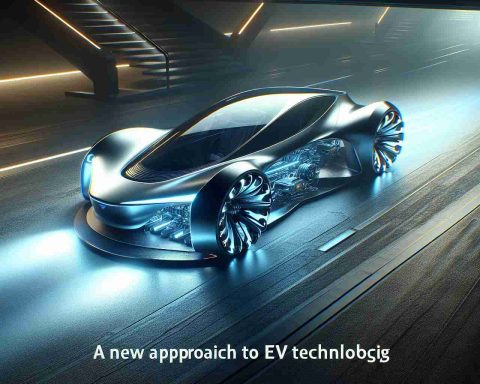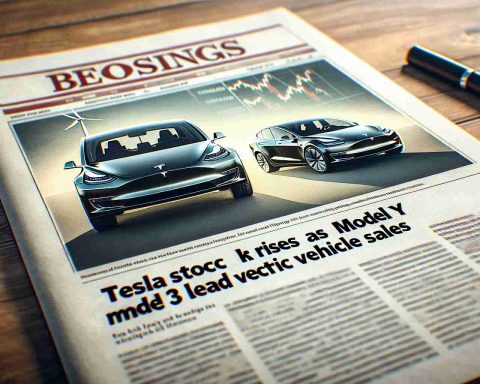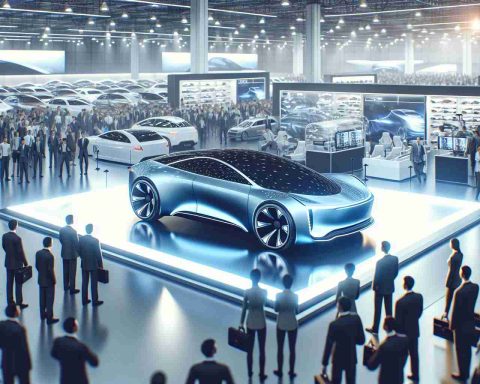Wisconsin is stepping up its game in electric vehicle infrastructure. Thanks to the National Electric Vehicle Infrastructure (NEVI) Formula Program, residents and visitors alike will find it much more convenient to charge their electric vehicles (EVs) while traveling throughout the state.
Fast-charging stations powered by federal funds became operational last December at several Kwik Trip locations in cities like Ashland, Menomonie, and Chippewa Falls. These developments were made possible by the Bipartisan Infrastructure Law signed in November 2021, which allocated substantial resources for enhancing EV infrastructure nationwide.
Private businesses, including Kwik Trip, are taking the lead in implementing these charging stations, as the state does not own or operate them. A total of 24 Kwik Trip stores across Wisconsin will house fast chargers, primarily catering to commuters frequenting major highways.
This year, the Wisconsin Department of Transportation is looking to expand with 13 additional charging stations situated along the state’s alternative fuel corridors, partnering with various businesses to do so. The goal is clear: to make charging more accessible, especially in rural areas where options have been limited.
With a significant investment of nearly $23 million in the first wave of development, Wisconsin aims to create a robust network of fast chargers. This initiative focuses on boosting tourism and supporting EV users by strategically placing stations near highways for ease of access. As the weather warms up, more projects are set to roll out, making Wisconsin a more EV-friendly destination.
Expanding Electric Vehicle Infrastructure: A Step Towards Sustainable Mobility
The emergence of electric vehicle (EV) infrastructure in Wisconsin is more than just a state-level initiative; it signals a significant shift in societal attitudes towards sustainable mobility. As EVs gain traction in the automotive market—projected to account for 30% of new car sales by 2030—the expansion of charging networks is crucial for fostering widespread adoption. Increased convenience for EV users can lead to a richer tourism experience, as travelers will feel empowered to explore beyond urban centers, thereby benefiting local economies.
Moreover, the collaboration between state agencies and private enterprises like Kwik Trip illustrates a growing trend: the blending of public needs with private innovation. This not only promotes entrepreneurship in the green technology sector but also solidifies the idea that corporate partnerships can pave the way for substantial changes in infrastructure.
However, the environmental implications extend beyond convenience. By supporting EV use, Wisconsin is taking steps towards reduced carbon emissions, aligning with global climate goals. As more charging stations emerge, rural regions previously overlooked will have greater access to this cleaner form of transportation, potentially reducing reliance on fossil fuels.
The tangible commitment reflected in Wisconsin’s approach could inspire other states to prioritize similar initiatives, fostering a nationwide movement towards sustainable transport. Long-term, this shift could contribute to significant reductions in greenhouse gas emissions, aligning with both national energy independence goals and international climate agreements.
Wisconsin Drives Electric: Amplifying EV Charging Accessibility Across the State
Introduction
Wisconsin is making significant strides in enhancing its electric vehicle (EV) infrastructure, driven by initiatives such as the National Electric Vehicle Infrastructure (NEVI) Formula Program. This state-wide effort is designed to improve the charging experience for residents and visitors, fostering a more sustainable transportation future.
Major Developments in EV Infrastructure
The timely rollout of fast-charging stations has begun, with notable locations already operational at Kwik Trip stores in cities like Ashland, Menomonie, and Chippewa Falls. The robust expansion of EV charging solutions is largely made possible by the Bipartisan Infrastructure Law of November 2021, which allocated essential federal funds to enhance EV infrastructure across the country.
Expansion Plans and Features
The Wisconsin Department of Transportation is poised to expand this network further with the addition of 13 more charging stations along the state’s alternative fuel corridors. Collaborations with private enterprises are crucial, as the charging stations will primarily be operated by businesses like Kwik Trip, which plans to install fast chargers at 24 locations throughout the state.
# Summary of Expansion Plans:
– Total New Stations: 13 additional charging stations
– Locations: Primarily focused along alternative fuel corridors
– Partnerships: Engagement with private sector businesses
Pros and Cons of the New EV Infrastructure
# Pros:
– Accessibility: Provides much-needed charging stations for commuters, especially in rural areas.
– Economic Growth: Supports local businesses through increased foot traffic.
– Tourism Boost: Enhances Wisconsin’s appeal as a travel destination for EV users.
# Cons:
– Dependency on Private Enterprises: The reliance on businesses like Kwik Trip may limit options for users in areas without such partnerships.
– Initial Costs: Upfront installation costs and maintenance can be a barrier for smaller businesses.
Trends and Insights in EV Adoption
As more charging stations come online, Wisconsin is aligning with national trends that indicate a rapid increase in EV adoption. According to a recent market analysis, the demand for EVs is expected to grow exponentially, supported by greater charging accessibility. An increase in EV sales is projected to rise by 20% annually as infrastructure improves.
Innovations and Sustainability Efforts
The expansion of EV infrastructure is not just about convenience; it also aligns with sustainability goals. By supporting electric vehicle usage, Wisconsin aims to reduce carbon emissions significantly. The state’s commitment to sustainability is evident through its focus on renewable energy sources for powering charging stations in the future.
Limitations and Considerations
While the rollout of EV charging stations is promising, there are challenges to consider, including:
– Grid Capacity: Increased demand on the electric grid may necessitate upgrades to ensure reliable power supply.
– Public Awareness: Continued efforts are needed to educate the public about available charging options and their locations.
Conclusion
Wisconsin’s initiative to enhance electric vehicle infrastructure through extensive planning and collaboration represents a crucial step towards a more sustainable and EV-friendly environment. With a budget of nearly $23 million allocated for initial developments, the state is dedicated to creating a comprehensive network of charging stations that will benefit residents and travelers alike.
For more information on Wisconsin’s electric vehicle initiatives, visit the official Wisconsin government website.



















